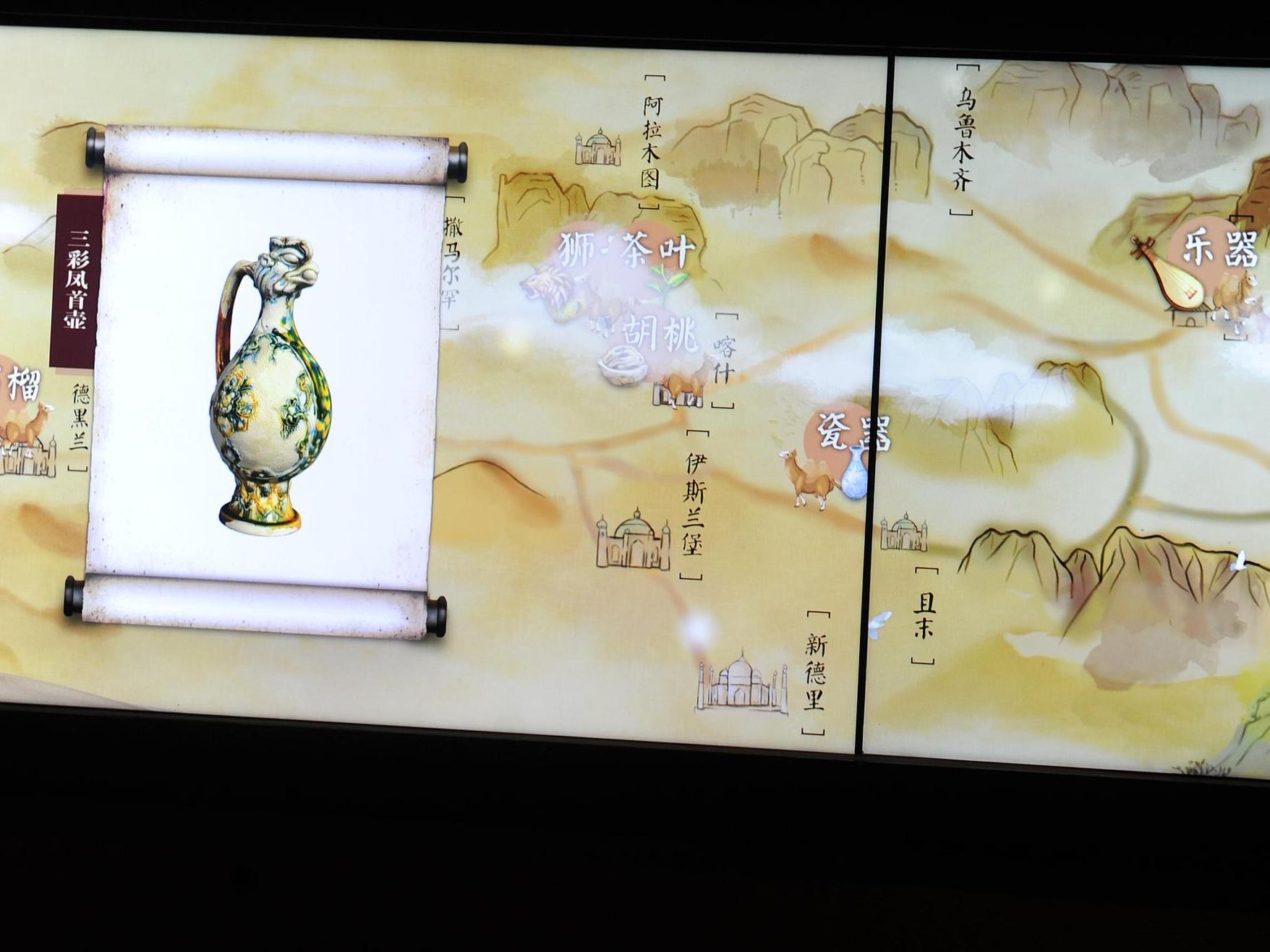New Standards Released for ICV Sector
Bishan?District?of?Chongqing Municipality?is?aimed?to build?itself?into a?base?for?manufacturing?spare?parts?of?intelligent connected vehicles.?Photo?shows?workers?debugg intelligent production equipment?for?car?steering?gears.
By?ZHONG?Jianli
China's Ministry of Industry and Information Technology (MIIT) and the Standardization Administration have released a new set of national standards for intelligent connected vehicles (ICVs), aimed at providing a more complete framework for development of the sector.
ICVs are made possible through a convergence of many technologies including AI, 5G and connectivity solutions, which facilitate highly effective, safe, comfortable and energy-efficient driving.
In general, the renewed standard system is more in line with the practical needs of the development of China's ICV industry. Compared with the 2018 version, the new version added technical standards for such areas as smart cockpits, data security and automotive chips.
It is proposed that by 2030, China should have a fully developed ICV standard system and revised more than 140 relevant standards to improve single car intelligence and vehicle connectivity.
The MIIT said that in the next phase, it will guide relevant departments in formulating more standards in key aspects such as functional safety, network security, and operating systems, and actively participating in the coordination and formulation of international standards and regulations.
In addition, it is expected that the integrated development of new energy vehicles with information communication, intelligent transportation and smart cities, will be accelerated through adopting related standards, promoting the high-quality development of China's ICV industry.







